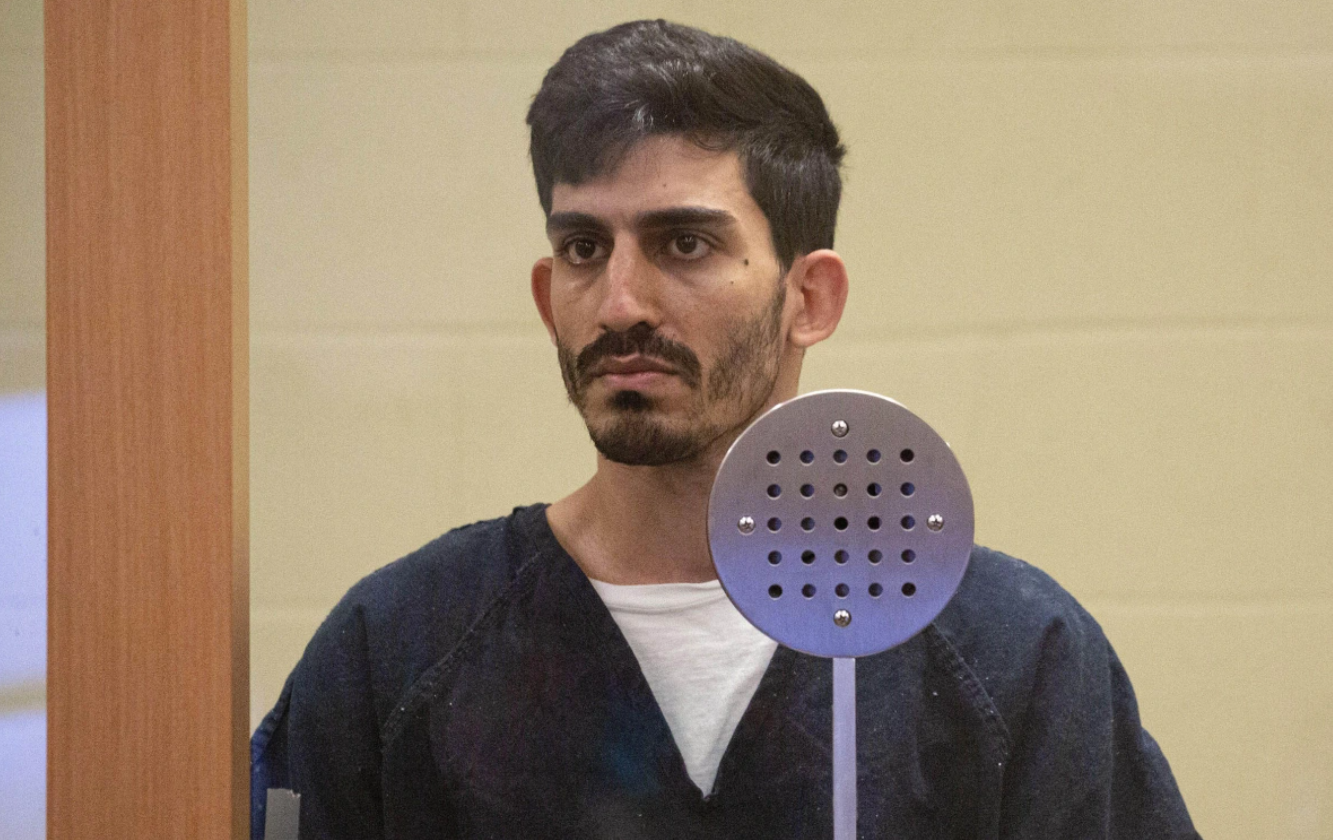Peacock’s TikTok Star Murders documentary delves into the disturbing and tragic events surrounding the deaths of three young social media influencers. The chilling truth behind their murders is revealed through interviews with friends, family members, and law enforcement officials. The documentary explores the rise of social media fame and the dark side that can come with it. Viewers are taken on a journey through the lives of these young individuals as they navigate the pressures of online stardom and the dangerous consequences that can follow.
The documentary sheds light on the complexities of fame, mental health, and the impact of social media on young people today. It serves as a cautionary tale about the dangers that can lurk behind the facade of a perfect online persona. Through powerful storytelling and emotional interviews, the documentary paints a vivid picture of the lives lost and the ripple effects of their untimely deaths. Ultimately, it is a poignant reminder of the need for authenticity, self-care, and awareness in an increasingly digital world.

The True Crime Documentary: What It Reveals
True crime documentaries offer a glimpse into the darker side of human nature, shedding light on the complexities of criminal behavior and the motivations behind it. By delving into the stories of real-life crimes and the individuals involved, these documentaries reveal the intricate web of factors that can lead someone down a path of violence and deception.
They explore the impact of childhood trauma, societal pressures, and personal struggles on a person’s decision-making, offering a nuanced perspective on the root causes of criminal behavior. Through interviews with experts, witnesses, and even the perpetrators themselves, these documentaries provide valuable insights into the psychology of crime and the ways in which society can both prevent and address it.
Additionally, they serve as a stark reminder of the fragility of human life and the devastating consequences of unchecked violence. By uncovering the truth behind these crimes, these documentaries challenge viewers to confront uncomfortable truths about the world we live in and the potential for darkness that exists within us all. Ultimately, they serve as a powerful tool for sparking conversations about justice, morality, and the complexities of the human experience.
The Background of the TikTok Stars Featured in the Documentary
The TikTok stars featured in the documentary come from diverse backgrounds, each with their own unique story of how they rose to fame on the popular social media platform. Many of these individuals had humble beginnings, starting out with just a smartphone and a dream of sharing their talents with the world. Some came from small towns, while others grew up in bustling cities, but they all shared a common goal of becoming influencers and gaining a large following on TikTok.
Through their creative content, these stars were able to connect with millions of viewers and build a loyal fan base that supported them throughout their journey to stardom. Despite facing challenges and setbacks along the way, these TikTok personalities persevered and continued to create captivating videos that resonated with audiences around the globe.
Their dedication and hard work paid off as they became household names, collaborating with brands and attending exclusive events, solidifying their status as social media icons. The documentary delves into the individual backgrounds of these TikTok stars, shedding light on the struggles and triumphs that shaped their path to success, and offering viewers a glimpse into the world of influencer culture.

How the Murders Shook the Social Media Landscape
The murders that took place recently have sent shockwaves through the social media landscape. The gruesome details of the crimes spread like wildfire across various platforms, sparking intense debates and discussions among users. The graphic images and videos shared by witnesses have raised questions about the role of social media in documenting such heinous acts. Many are questioning the responsibility of social media companies in regulating the content that is shared on their platforms.
Some argue that these platforms have become a breeding ground for sensationalism and voyeurism, while others believe that it is important for the public to be aware of the harsh realities of the world. The murders have also highlighted the power of social media in mobilizing communities and bringing attention to important issues. Activists and advocates are using these platforms to rally support for victims and demand justice.
However, the constant exposure to violence and tragedy on social media is taking a toll on users’ mental health, with many feeling overwhelmed and desensitized to the horrors of the world. As we navigate this new digital age, it is crucial for us to critically examine the impact of social media on our society and consider how we can use these platforms responsibly to promote empathy, understanding, and positive change.
The Impact on the Victims’ Families and Community
The impact of criminal activity on the victims’ families and community is profound and far-reaching. When a loved one falls victim to a crime, their family is left grappling with a mix of emotions, including grief, anger, and fear. The sense of loss and betrayal can be overwhelming, and the trauma experienced by the victim’s loved ones can have long-lasting effects on their mental and emotional well-being. In addition to the personal toll, the community as a whole also feels the reverberations of criminal activity.
Trust is eroded, and feelings of safety and security are compromised. Residents may become more vigilant, locking their doors and avoiding certain areas out of fear for their own safety. The fabric of the community is strained as people struggle to make sense of the senseless violence that has occurred within their midst.
The impact on the victims’ families and community is not just limited to the immediate aftermath of the crime, but can have lasting effects that continue to be felt for years to come. Healing from the trauma of criminal activity requires a concerted effort from both individuals and the community as a whole to come together, support one another, and work towards rebuilding a sense of trust and security in the wake of such devastating events.

The Documentary’s Reception and Criticisms
The reception and criticisms of documentaries can vary greatly depending on the subject matter, the tone of the film, and the audience’s personal beliefs and values. Some viewers may praise a documentary for shedding light on an important issue or providing a fresh perspective on a well-known topic, while others may criticize it for being biased or sensationalized. Critics play a significant role in shaping public opinion of documentaries, often offering insightful analysis and thoughtful commentary on the film’s strengths and weaknesses.
However, not all criticisms are valid, as some may be based on personal biases or misunderstandings of the filmmaker’s intentions. It is important for viewers to approach documentaries with a critical eye, taking into consideration the filmmaker’s perspective and the evidence presented in the film. Ultimately, the reception and criticisms of a documentary can spark important conversations and debates, contributing to a greater understanding of the topic at hand.
